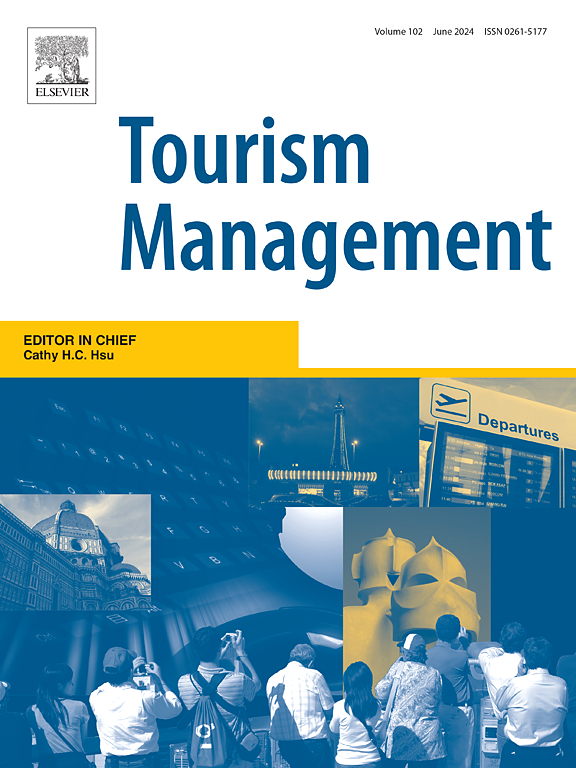Weather: An organizational stakeholder for United States national seashores
IF 10.9
1区 管理学
Q1 ENVIRONMENTAL STUDIES
引用次数: 0
Abstract
This study introduces weather as an organizational stakeholder to United States National Seashores. Stakeholder theory contends there are parties that affect or are affected by an organization. I contend that weather meets the four criteria of a stakeholder including power, legitimacy, temporal urgency, and geographic proximity, thus affects organizations and should be included alongside traditional human stakeholders (e.g., competitors). To test the thesis, I offer the case of visitation to United States National Seashores. Weather is operationalized as thermal stress (i.e., heat, humidity) and visitation is the dependent variable. Multiple methodologies including forecasting models and paired-sample t-tests were utilized to test four hypotheses, one for each stakeholder criteria. Results demonstrate weather is a performance predictor at 73% of seashores (power), thermal stress risks increased at 91% of seashores deriving response (legitimacy), and weather was temporally local and geographically proximate at each location. That is, weather demonstrates four-dimensional stakeholder standing.
天气:美国国家海岸的组织利益相关者
本研究将天气作为组织利益相关者介绍给美国国家海岸。利益相关者理论认为,存在影响组织或受组织影响的各方。我认为天气符合利益相关者的四个标准,包括权力、合法性、时间紧迫性和地理邻近性,因此影响组织,应该与传统的人类利益相关者(例如,竞争对手)一起包括在内。为了验证这一论点,我提供了访问美国国家海岸的案例。天气被操作为热应力(即热量、湿度),访问量是因变量。包括预测模型和配对样本t检验在内的多种方法被用于检验四个假设,每个假设对应一个利益相关者标准。结果表明,天气是73%的海岸(动力)的性能预测因素,91%的海岸产生响应(合法性)的热应力风险增加,天气在时间上是本地的,在地理上是邻近的。也就是说,天气展示了利益相关者的四维地位。
本文章由计算机程序翻译,如有差异,请以英文原文为准。
求助全文
约1分钟内获得全文
求助全文
来源期刊

Tourism Management
Multiple-
CiteScore
24.10
自引率
7.90%
发文量
190
审稿时长
45 days
期刊介绍:
Tourism Management, the preeminent scholarly journal, concentrates on the comprehensive management aspects, encompassing planning and policy, within the realm of travel and tourism. Adopting an interdisciplinary perspective, the journal delves into international, national, and regional tourism, addressing various management challenges. Its content mirrors this integrative approach, featuring primary research articles, progress in tourism research, case studies, research notes, discussions on current issues, and book reviews. Emphasizing scholarly rigor, all published papers are expected to contribute to theoretical and/or methodological advancements while offering specific insights relevant to tourism management and policy.
 求助内容:
求助内容: 应助结果提醒方式:
应助结果提醒方式:


